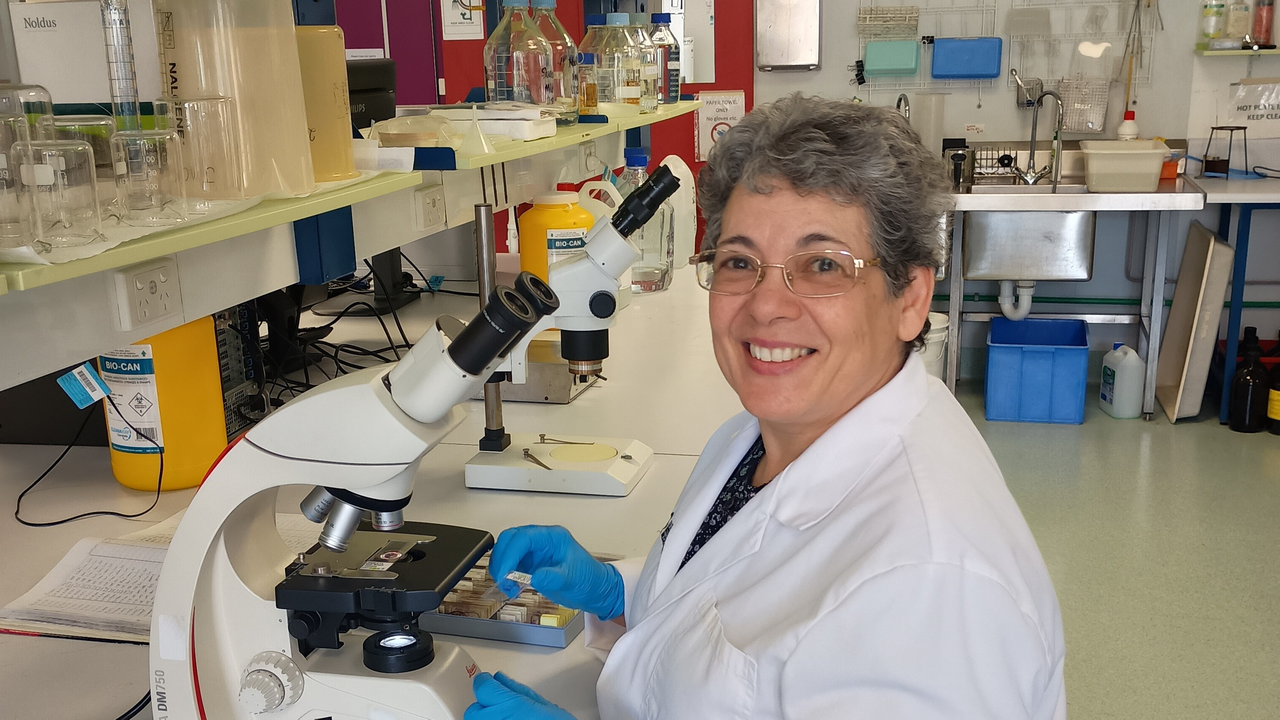Today, while you are reading this, 9,000 people around the world are being diagnosed with one of the top five autoimmune diseases. Adding to the already 789 million people globally suffering from over 80 known autoimmune diseases which can cause serious physical and/or mental deterioration. They disrupt lives, challenge medical science and some have escalated into epidemics in their own category.
We can only estimate the financial impact. For the top five alone: Rheumatoid Arthritis (RA), Systemic Lupus Erythematosus (SLE), Type 1 Diabetes, Multiple Sclerosis (MS), Celiac disease, there are about 145 million people undergoing treatment costing an estimated 500 billion USD per year globally.
Scientists are working on solutions for these diseases, and some are getting close, but Dr Jacqueline (Jacquie) Orian of La Trobe University is working on a solution to address a driving mechanism that directs the immune system towards a devastating spiral that perpetuates an aberrant response against one’s own body.
Jacquie has researched MS for almost 30 years and in 2009 she reviewed the work of Dr Tracy J. Putnam who, though mostly known for his success in the area of Epilepsy, had published a paper in 1937 suggesting a potential association between platelet activity and MS.
The discovery
Discovery rarely comes as a flash in a test tube or a eureka moment, in fact Jacquie will say that discovery also needs luck. Fastidiously and thoroughly, Jacquie tested, documented, imaged and compared until ‘luck’ delivered her comparative images that showed platelets, who were supposed to be swimming in the blood, crossing into the tissue and sticking to nerve cells, honing in on the neurons. With lethal consequences for those neurons.
The world of platelets and what happens when platelets ‘cross the line’, is covered in the next episode, for the moment we focus on what this discovery indicates. Platelets, previously only known as blood clotting cells, actually fall into the category of immune cells that protect from infection, toxic material and tissue damage. Therefore, if platelets ‘cross the line’, they cause devastation to one or multiple organs, in the person in any one of the 80 autoimmune malfunctions.
The project
This Platelet Project is the culmination of Jacquie’s research over these last 20 years and is focused on developing a simple molecule drug that blocks the behaviour of platelets who have ‘crossed the line’ and are destroying autoimmune function.
Read more about the project here.
